3 Musings For Bay Area Artists & Beyond
What I Learned As an Artist-Transplant in the Bay
Have you ever heard the phrase “a city eats its own”? It makes me think about how larger creative hubs can feel both nurturing and, well, devouring. Do artists have to leave their hometowns to truly flourish? Or does staying put offer its own hidden treasures?
I’ve been mulling these questions over as I near fourteen years since uprooting from Seattle to the Bay Area. Honestly, my journey wasn’t too dramatic—there are plenty of similarities between Seattle and Oakland—but the shift still taught me a lot about art, community, and the power of transformation.
I jotted down three musings I’ve discovered after leaving the nest. Now I’m blooming as an eclectic, Bay Area transplant. You can flourish too.
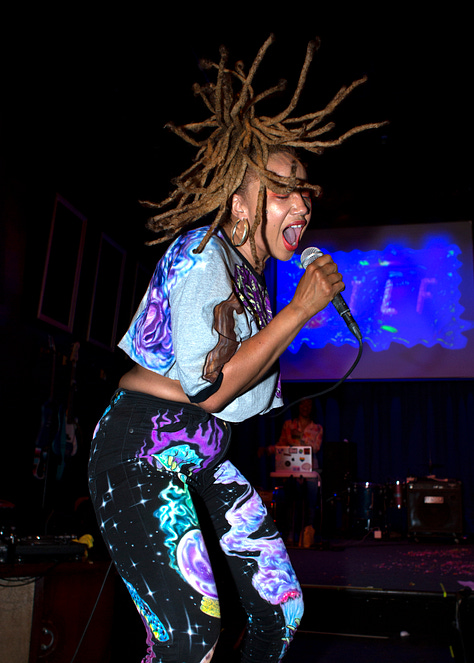
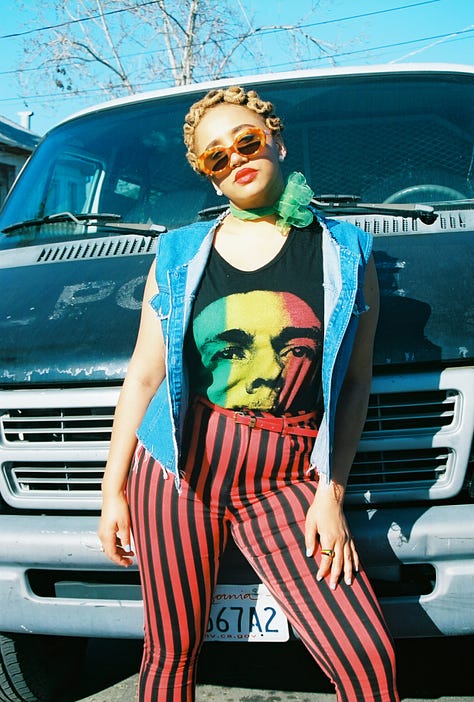
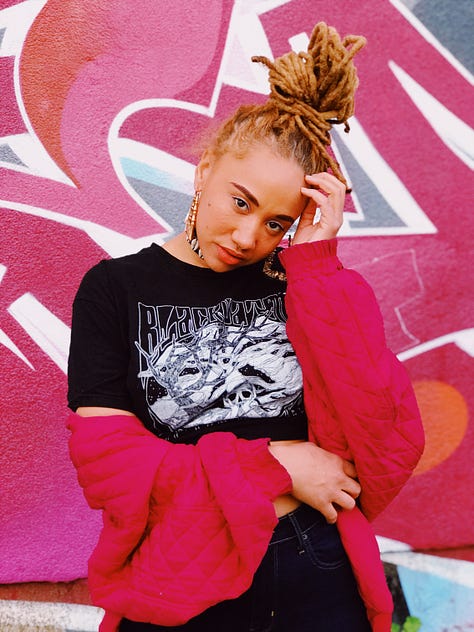
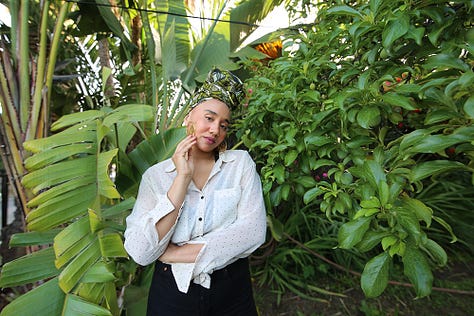
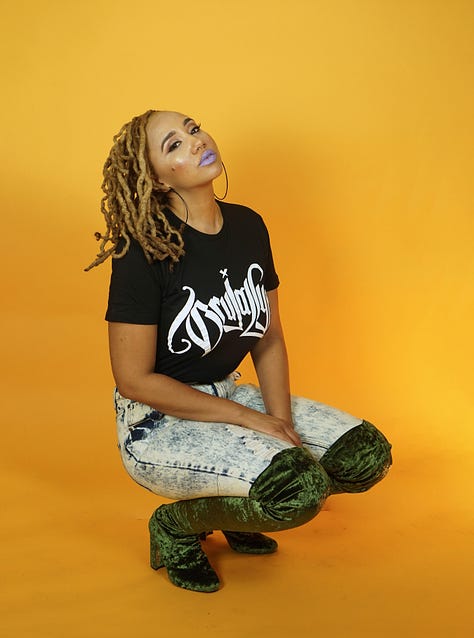
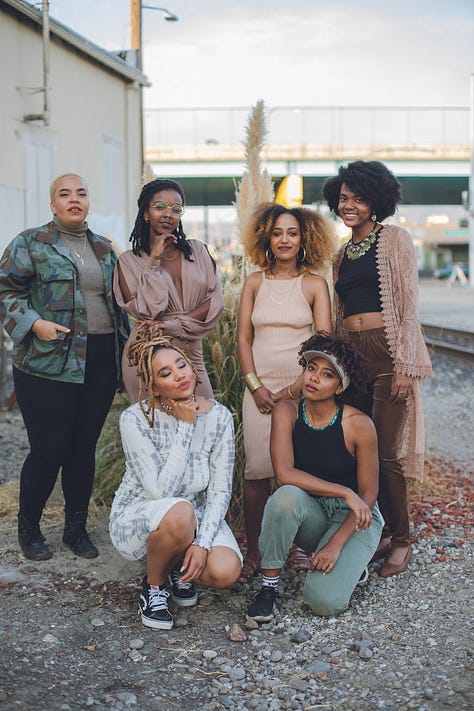
1) Actually Be the Change
The Bay Area’s arts ecosystem is famously forward-thinking. People here love to champion inclusivity, innovation, and DIY ambition. Yet there’s also a big gap between the rhetoric and the reality—especially when successful artists don’t necessarily reflect the communities most affected by skyrocketing costs for housing, education, and healthcare. Plus, billionaires thrive here in the Bay while working-class artists of color struggle to afford groceries, let alone create their work.
Yes, there are plenty of organizing efforts and solutions on the table, but transparency is missing. This leaves artists blaming themselves for not “making it,” unaware that they’re playing on an uneven field. We need arts ecosystems that are compassionate towards actual people while fearlessly critiquing oppressive systems. In other words, lets literally be the change we want to see. If we want to see an increase in local shows, we should donate to up and coming performers. If we want more murals that reflect the times, we should advocate for grant-making that funds networks of artists, not just big, expensive shows at MOMA. We should embody change in our actions. The Bay Area forced me to live up to my leftist political values and to find my artistic tribe based on shared values.
2) Embrace Generative Conflict
When it comes to soft skills, navigating conflict tops my list. As a fire sign, I’m all about generative conflict—where disagreements spark growth instead of destruction. Recognizing that conflict is inevitable, and learning how to channel it proactively and productively, has transformed my interactions in creative work, community, and in personal relationships. Actualizing a creative idea requires collaboration and avoiding differences in values can cause chaos or even extreme harm in the end.
If we embrace conflict as an opportunity rather than a threat, we become better artists or artist-allies. We learn to open doors for others instead of slamming them shut. Regenerative conflict is crucial because it forces us to confront challenges head-on, turning friction into a catalyst for meaningful change. If you’re a new, emerging or advanced artist, you’ll need to embrace the inevitability of conflicts before they arise. Learn your conflict style and listen for understanding before shutting down or being defensive.
3) The Personal is Political
People often say you have to heal yourself first before you can help your community. True, but that doesn’t mean we heal in isolation. Asking for help, setting up support networks, and being open about our struggles is essential—especially when despair feels like a natural response to the world’s chaos. Community isn’t simply a buzzword; it’s an active practice of solidarity, not sameness.
In the Bay, we talk about “community” a lot, but we don’t always dig into what it really means. For me, it’s about shared vision. We don’t need to agree on every little detail (and let’s be honest, “BIPOC” alone covers a huge range of experiences), but we can all rally around a collective sense of empowerment through creation. Tapping into our individual power, we also find strength in our collective power—and that’s how we make a difference.
One of the ways I’ve noticed that the personal is political is there’s a harmful trend where transplants move to a new city and refuse to engage with locals. Instead, these transplants make friends with other transplants. They don’t develop relationships with locals. They’ll host parties, curate live shows or open cafes without including or even interacting with people born and raised in the city they’ve moved to. That’s an epic fail. So then, who you choose to foster community with matters. Who you choose to make art with matters.
Food for Thought
Does a city really devour its own? Maybe. But it also offers endless chances to grow, create, and band together in new ways. The question isn’t just whether you should stay or go; it’s how you’ll bring compassion, honesty, and a bit of spirited generative conflict to the place you call home—wherever that may be.
